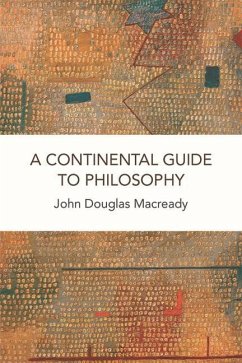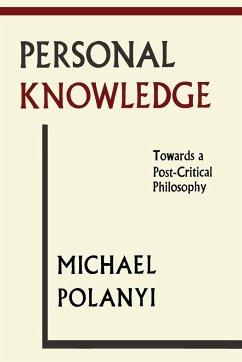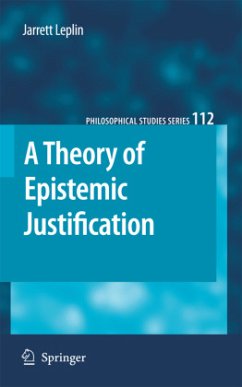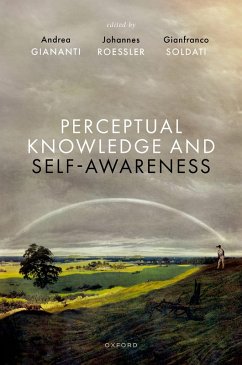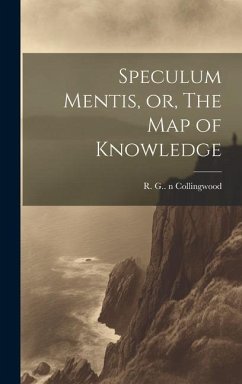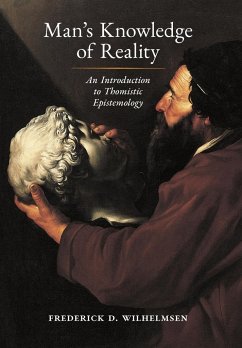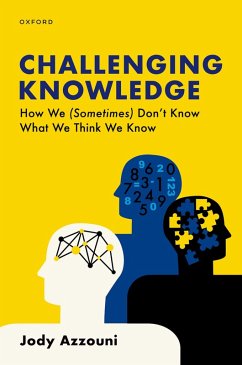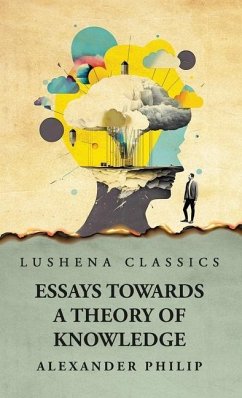
Reality? Knowledge? Philosophy!
An Introduction to Metaphysics and Epistemology
Versandkostenfrei!
Versandfertig in über 4 Wochen
142,99 €
inkl. MwSt.
Weitere Ausgaben:

PAYBACK Punkte
71 °P sammeln!
Some of philosophy's most intriguing questions about reality and knowledge are introduced in this book. It outlines possible answers to puzzling questions such as: what kind of thing are you? What -- if anything -- can you know? Over the centuries, philosophers have made many attempts to answer such questions and contemporary philosophers continue to seek solutions. This book explains many of those attempts in a clear and lively way, encouraging questioning and independent thought. It also links questions about reality and knowledge to questions about morality. The many concepts explained in t...
Some of philosophy's most intriguing questions about reality and knowledge are introduced in this book. It outlines possible answers to puzzling questions such as: what kind of thing are you? What -- if anything -- can you know? Over the centuries, philosophers have made many attempts to answer such questions and contemporary philosophers continue to seek solutions. This book explains many of those attempts in a clear and lively way, encouraging questioning and independent thought. It also links questions about reality and knowledge to questions about morality. The many concepts explained in the book include: personal identity, free will and determinism, evil and God, universals and essences, life and meaning, death and harm, truth and facts, belief and evidence, knowledge, the senses and pure reason, sceptical doubts. Throughout, philosophy is shown to be adventurous, intellectually significant and personally deep.




